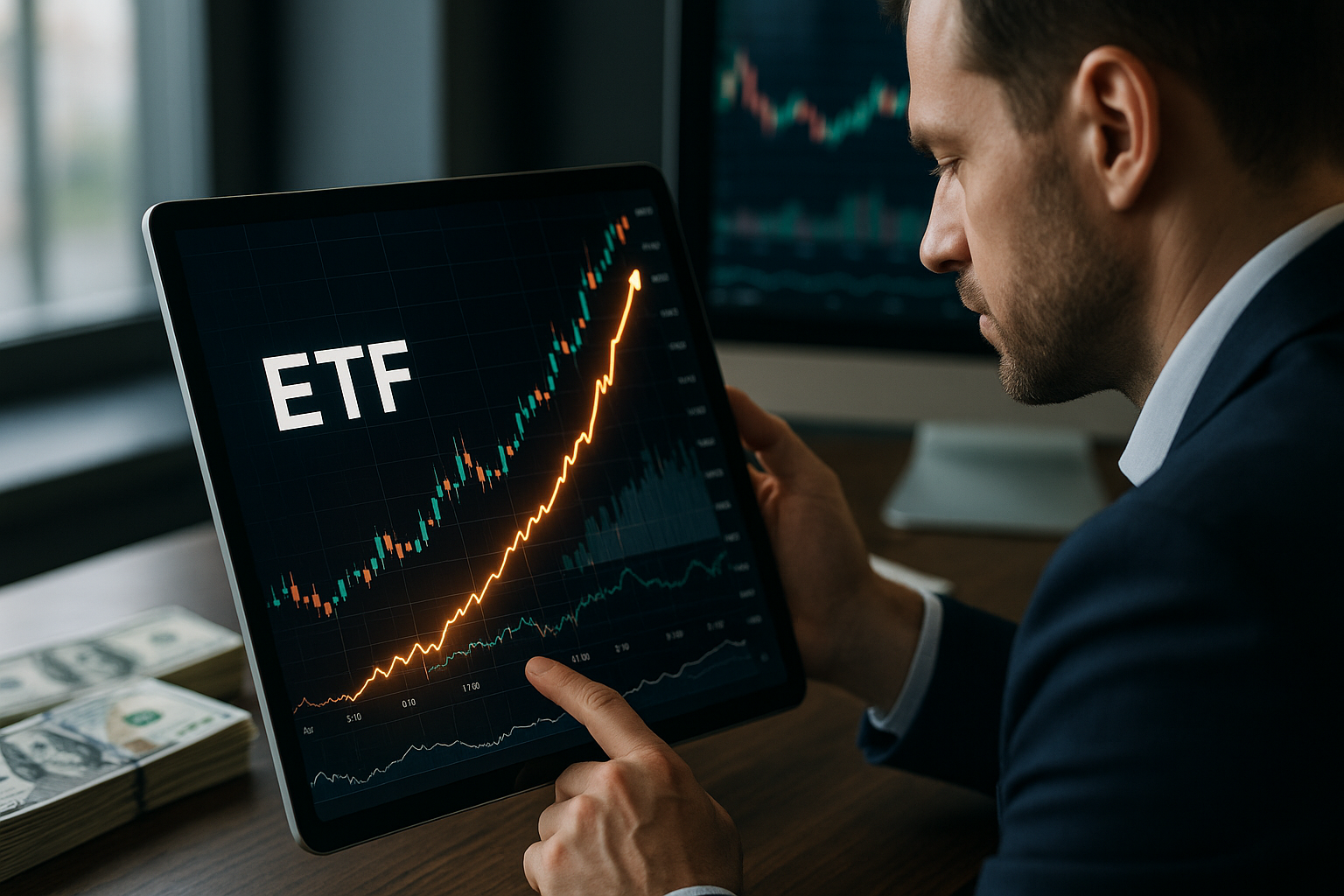Mastering Forex Trading: Tools, Platforms, and Strategies for Global Traders
Mastering Forex trading requires a blend of the right tools, reliable platforms, and well-tested strategies to navigate the fast-paced global currency markets. Traders must leverage advanced charting software, economic calendars, and real-time news feeds to make informed decisions, while choosing secure and efficient trading platforms that offer competitive spreads and quick execution. Successful strategies—ranging from technical analysis and trend-following to risk management and diversification—enable traders to adapt to market volatility and seize profitable opportunities. With the right combination of technology, discipline, and market insight, global traders can position themselves for consistent success in the dynamic world of Forex.

Understanding the Forex Market Fundamentals
The forex market operates 24 hours a day, five days a week, allowing traders to buy and sell currency pairs across different time zones. This market consists of banks, financial institutions, corporations, governments, and individual traders. The main driving forces behind currency movements include economic indicators, political events, monetary policy decisions, and market sentiment. Understanding these fundamental factors is essential for making informed trading decisions.
Essential Tools for Forex Traders
Modern forex trading requires a robust set of tools to analyze markets and execute trades effectively. The most crucial tools include:
-
Trading Platforms: MetaTrader 4/5, cTrader, or proprietary broker platforms
-
Technical Analysis Software: Charting tools with various indicators and timeframes
-
Economic Calendars: For tracking important financial news and events
-
Risk Management Tools: Position size calculators and stop-loss managers
-
Market Analysis Tools: Real-time news feeds and analytical resources
Key Forex Trading Strategies
Successful forex trading relies on implementing well-tested strategies aligned with your trading style and risk tolerance. Popular approaches include:
-
Trend Trading: Following long-term market directions
-
Scalping: Making multiple small profits from short-term price movements
-
Range Trading: Trading between established support and resistance levels
-
Position Trading: Holding positions for extended periods based on fundamental analysis
Popular Trading Platforms and Their Features
| Platform | Key Features | Cost Structure |
|---|---|---|
| MetaTrader 4 | Custom indicators, automated trading, mobile access | Free platform, broker commission varies |
| MetaTrader 5 | Advanced charting, multiple asset classes, depth of market | Free platform, broker commission varies |
| cTrader | Level II pricing, advanced order types, algorithmic trading | Free to $49/month depending on features |
Prices, rates, or cost estimates mentioned in this article are based on the latest available information but may change over time. Independent research is advised before making financial decisions.
Risk Management and Trading Psychology
Effective risk management is crucial for long-term success in forex trading. This includes:
-
Setting appropriate position sizes (typically 1-2% of trading capital per trade)
-
Using stop-loss orders consistently
-
Maintaining proper risk-reward ratios
-
Managing emotional responses to market movements
-
Developing and following a detailed trading plan
Getting Started with Forex Trading
Beginning forex traders should focus on:
-
Education and market understanding
-
Practice with demo accounts
-
Starting with small position sizes
-
Maintaining detailed trading journals
-
Regular strategy review and optimization
Forex trading requires dedication, continuous learning, and disciplined execution of trading strategies. Success in this market comes from combining technical knowledge with practical experience while maintaining strict risk management protocols. Remember that forex trading carries significant risks, and it’s essential to understand these fully before committing real capital to trades.




